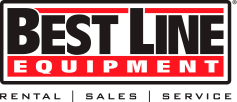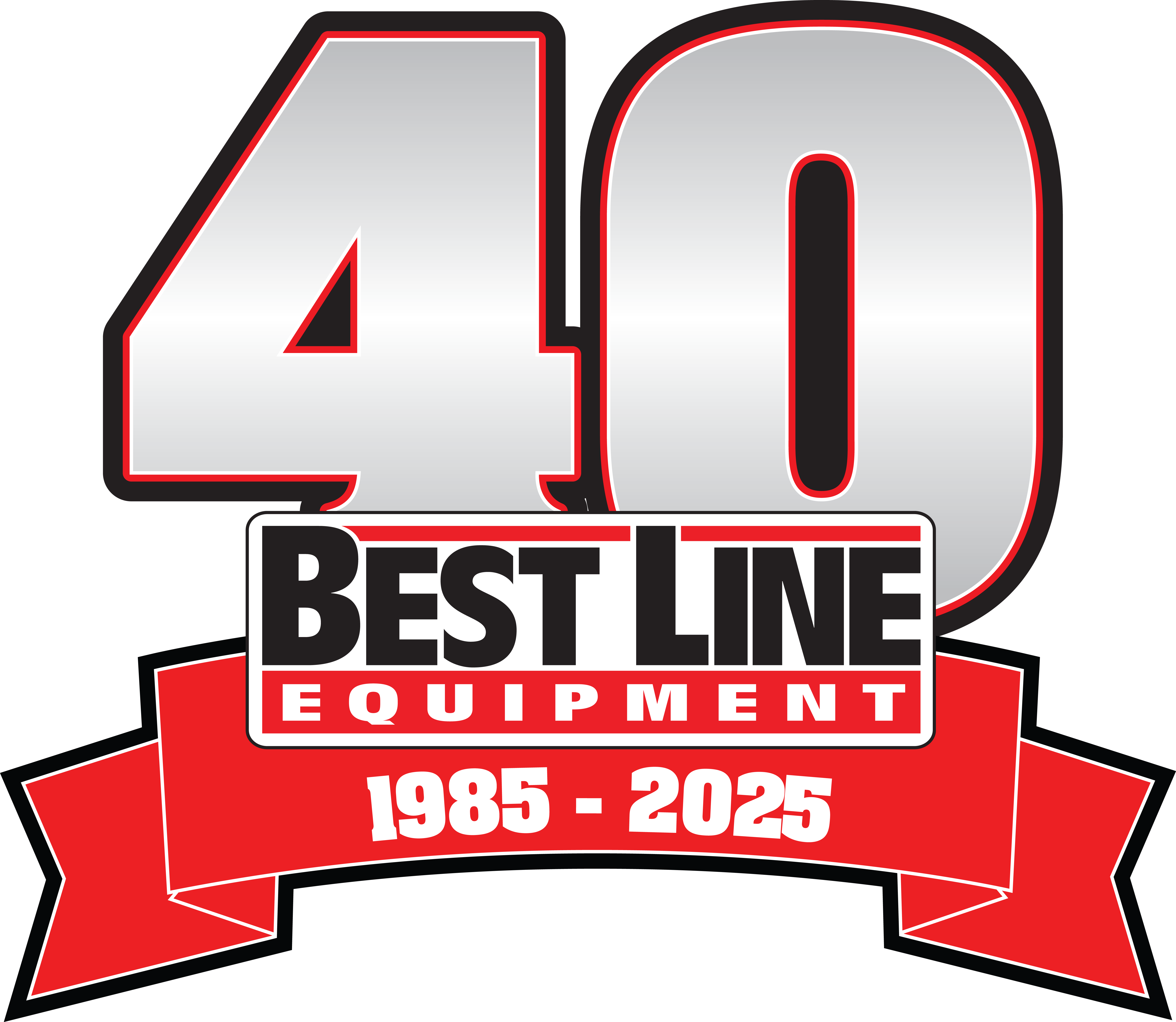Skid Steer vs. Compact Track Loader: Which Is Right for Your Business?
When it comes to compact equipment, few decisions impact your productivity and bottom line more than choosing between a skid steer loader (SSL) and a compact track loader (CTL). While both are versatile, powerful, and compatible with a wide range of attachments, the right choice comes down to your business's needs, jobsite conditions, and how you plan to use the machine. In this guide, we'll break down the key differences to help you make the best investment for your operation.
What Is a Skid Steer Loader (SSL)?
A skid steer loader is a compact, wheeled machine known for its agility, speed, and maneuverability. It’s ideal for hard, smooth surfaces and excels in urban or paved environments. Skid steers have a tighter turning radius than CTLs, making them great for tight job sites or indoor work.
Best For:
Paving contractors
Demolition crews
Snow removal in parking lots or roads
Material handling on hard surfaces
Key Advantages:
Lower upfront cost than CTLs
Faster travel speed
Lower ground disturbance
Easier to transport due to lighter weight
What Is a Compact Track Loader (CTL)?
A compact track loader is similar in function to a skid steer but runs on rubber tracks instead of wheels. This gives it a much lower ground pressure and better traction, especially in muddy, snowy, or uneven terrain.
Best For:
Landscaping and grading
Agricultural operations
Construction on soft ground
Snow removal on uneven terrain
Key Advantages:
Superior traction in all ground conditions
Lower ground pressure reduces turf and soil damage
Better lifting capacity and stability
Operates longer in wet or winter conditions
Key Considerations When Choosing Between a Skid Steer and a CTL
1. Terrain and Jobsite Conditions
Paved, solid ground? Go with a skid steer.
Soft, uneven, or muddy ground? CTL wins hands down.
2. Operating Costs
CTLs have higher maintenance costs due to track wear and undercarriage service.
Skid steers are cheaper to maintain and have a lower total cost of ownership.
3. Seasonality
In Pennsylvania, CTLs provide major benefits during spring thaw and winter snow.
Skid steers shine in dry, warm months on solid terrain.
4. Versatility and Attachments
Both machines use the same attachments (buckets, forks, augers, etc.). However:
CTLs are more stable for heavy attachments like trenchers or forestry mulchers.
Skid steers are more maneuverable for pallet forks and light-duty work.
Which Machine Is Right for Your Industry?
Construction
CTL: Best for grading, earthmoving, site prep on rough terrain
SSL: Ideal for hauling materials, loading trucks, indoor demo
Landscaping
CTL: Essential for grading lawns, working in soft or wet soil
SSL: Great for moving mulch or hardscaping materials on paved lots
Agriculture
CTL: Best for barnyard work, trenching, moving feed in wet or muddy areas
SSL: Works well for manure cleanup on concrete or equipment handling in sheds
Snow Removal
CTL: Handles plowing on gravel roads or uneven driveways
SSL: Efficient for large, flat parking lots or sidewalks
Why Your Decision Matters
The wrong machine can cost you in downtime, repairs, or poor performance. The right choice ensures better jobsite efficiency, lower operating costs, and happier operators.
Still not sure which to choose? That’s where we come in.
Talk to the Pros at Best Line Equipment
At Best Line Equipment, we offer a full lineup of Bobcat Skid Steer Loaders and Compact Track Loaders — available for sale or rent across our nine locations in Pennsylvania. Our equipment experts are here to help you evaluate your needs and get you in the seat of the right machine for your business.
Whether you're clearing snow in State College, grading soil in Shippensburg, or loading pallets in West Chester — we’ve got the right equipment and the local support to keep your business moving.
Contact us today or visit your nearest Best Line Equipment location to test both and decide for yourself.
Serving PA with Bobcat sales, rentals, service, and parts in State College, Muncy, Towanda, Harrisburg, Mechanicsburg, Shippensburg, Allentown, West Chester, and Warminster.

